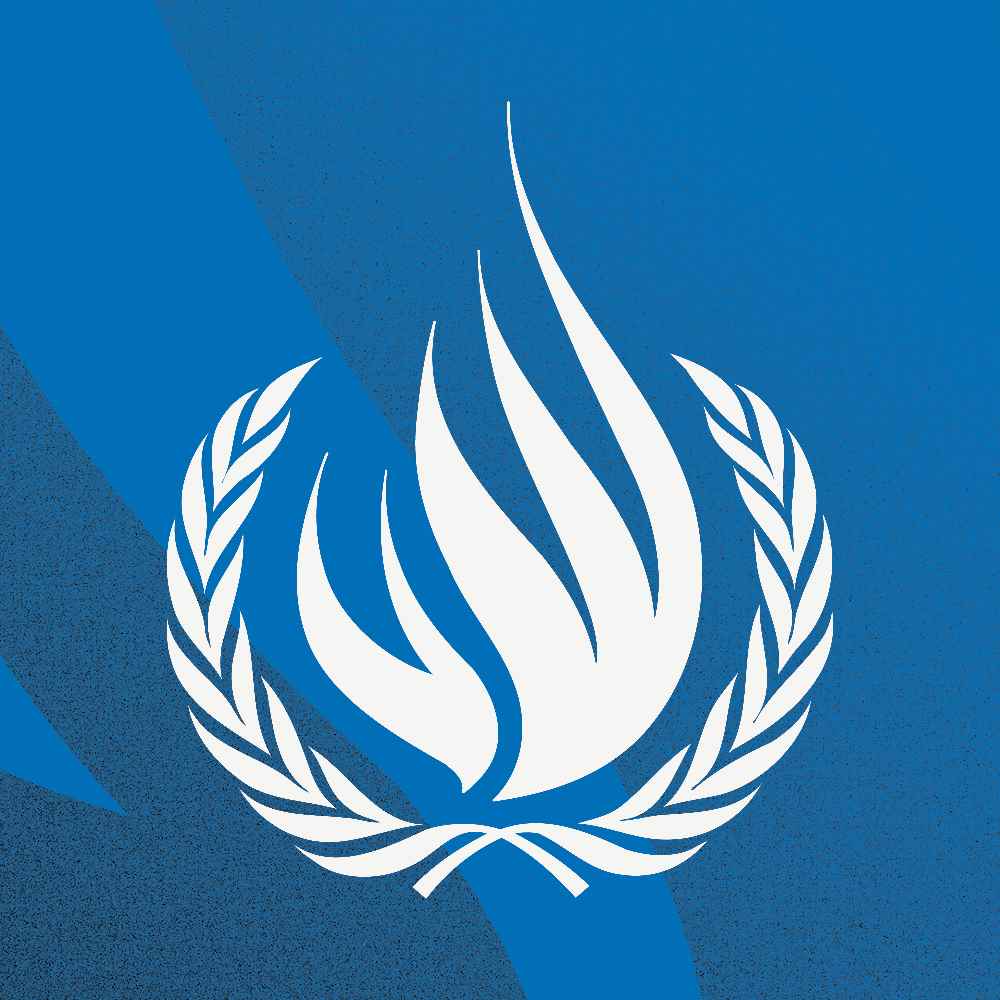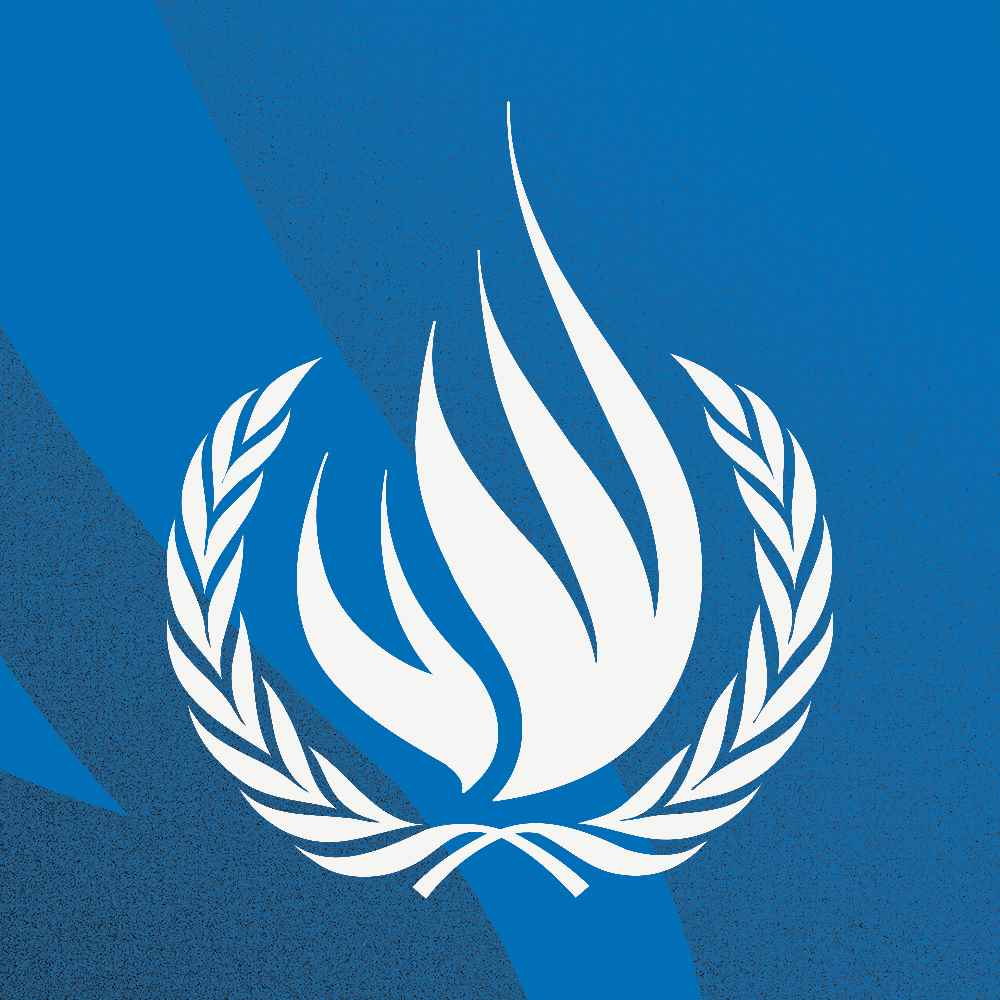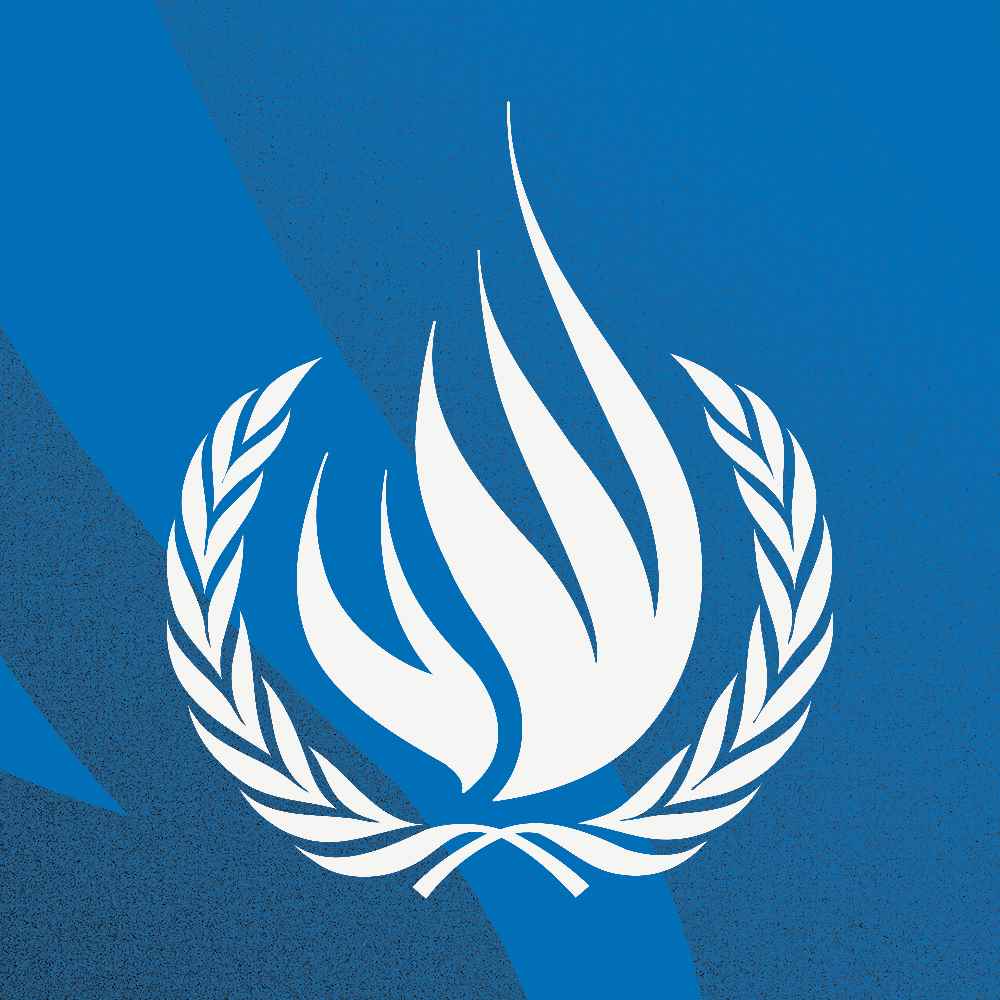
The Human Rights 75 Initiative places a spotlight on a wide range of human rights issues, enshrined in the Universal Declaration of Human Rights, in need of concrete and urgent action from States and others. April’s focus is on the human rights economy.
Food insecurity and a cost-of-living crisis are leaving millions of people behind. Today, 828 million people are undernourished - this has risen by a 150 million over the last three years - and the climate emergency continues to rage on, according to UN Human Rights Chief Volker Türk.
A staggering 60% of low-income countries and 30% of emerging market economies are in or near debt distress, amidst a looming global recession, he added.
These crises have pushed countries to the brink where governments are unable to provide adequate health, education, social protection, and other human rights to its citizens, which impacts women and girls and other vulnerable and marginalised communities the most.
The reasons for this include global, regional, and national economic and political systems that do not adequately integrate human rights obligations and standards into budgetary and investment decisions, according to Türk.
“We need to infuse our economies with human rights,” he said.
“
Human rights provide useful guardrails to ensure the prioritization of the investments needed with a focus on those most marginalized.
“
VOLKER TÜRK, UN HIGH COMMISSIONER FOR HUMAN RIGHTS
According to UN Human Rights, a human rights economy places people and the planet at the heart of economic policies, investment decisions, consumer choices, and business models, with the goal of measurably enhancing the enjoyment of human rights for all.
Deepening inequality remains a key obstacle to achieving globally agreed ambitions of the 2030 Agenda for Sustainable Development, its Sustainable Development Goals (SDGs) and the promise to leave no one behind.
“We need to work together and harder to truly place human rights at the core of all dimensions of sustainable development,” he said.
According to Türk, a human rights economy seeks to “redress root causes and structural barriers to equality, justice, and sustainability, by prioritizing investment in economic, social and cultural rights.”
Leave no one behind
To ensure human rights is at the core of sustainable development, in 2019, UN Human Rights created the Surge Initiative in response to rising inequalities, the slow implementation of the SDGs and increasing social unrest. The mission of the Initiative is to step up engagement at the country and regional levels on economic, social, and cultural rights and strengthen the link between human rights and economics.
The devastating socio-economic consequences brought about by the COVID-19 pandemic, and further exacerbated by the ongoing food, fuel, energy, and planetary crisis, made this Initiative particularly timely and wholly relevant. The Surge Initiative works with the Office’s 90 field presences, UN Country Teams, States, civil society, international financial institutions, and other key stakeholders.
Through its multidisciplinary team, the Surge Initiative works on a variety of levels and in a number of different ways. You can learn more about the Initiative’s methods of work here.
Surge Initiative’s Impact
Provided financial and technical support to 63 seed-change country projects worldwide.
Contributed to 7 National Development Plans/Programmes.
Supported UN in-country presences with analytical contents and operational advice for 111 CCA and UNSDCF processes.
Held strategic discussions and engagements with 70 Resident Coordinator Office Economists and took part in several discussions with national authorities on various aspects of human-rights based budgeting.
One of the Initiative’s key areas of engagement at the country level is the Surge Initiative’s seeding-change country projects, which is organized by UN Human Rights’ in-country and regional presences, with the technical and financial support of the Surge Initiative.
In Jordan, the UN and the Jordan Economic and Social Council (JESC), with support from UN Human Rights’ Senior Human Rights Adviser, Christina Meinecke, and the Surge Initiative, are collaborating on placing people at the center of public finance policies through engagement with various state and non-state stakeholders. The team’s policy brief, which was launched in March by the Resident Coordinator in Jordan and the President of JESC, highlights the importance of mobilizing the necessary resources to invest in economic, social and cultural rights, and to reposition public expenditure to prioritize people’s needs and rights.
“This is helping to advance our collective work to inform economic policy choices with human rights principles for the well-being of people,” said Meinecke.
The Surge Initiative team have also developed important partnerships such as the Partnership for a Human Rights Economy with the Raoul Wallenberg Institute and the New School"s Institute on Race, Power and Political Economy to move the needle on analysis, research, and economic policymaking towards achieving human rights for all without discrimination.
“The ways in which we define economic value and our traditional measures have not captured what is first and foremost our most treasured asset in this world, which is people,” said Hamilton.











